- Home
- slideshows
- miscellaneous
- INTRODUCING: The 10 people transforming finance
INTRODUCING: The 10 people transforming finance
Emmanuel Aidoo, head of digital asset markets at Credit Suisse, is using blockchain to transform banking

Stacey Cunningham, NYSE president, is championing cutting-edge tech while preserving tradition
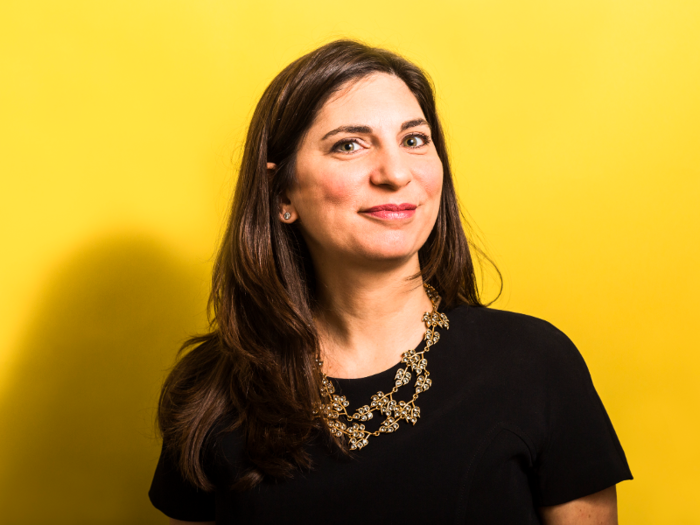
It’s not easy being No. 1. Whether it’s market participants complaining about fees, the threat of dark pools stealing more liquidity, or new requirements and pilot projects from regulators, running NYSE is the equivalent of fighting a battle across many fronts.
And yet Stacey Cunningham has managed it all in her first year at the helm of the exchange. Cunningham took over in May 2018 after three years as its chief operating officer.
In her new role, Cunningham has had to balance maintaining some of the traditions that make NYSE unique, such as the human touch of its designated market makers, while welcoming in cutting-edge technology to keep the exchange at the forefront of the ever-changing equities market.
Beyond the various changes she’s looking to foster at the exchange, Cunningham represents disruption in another way: She’s the first female president of NYSE.
“I think the best thing I can do for women is to effectively run this business and have them see that women can succeed in running a business as well,” Cunningham said. “If you focus on executing, that is actually going to be the best thing you can do for your career.”
Mazy Dar, founder and CEO of OpenFin, is trying to create Wall Street's new operating system
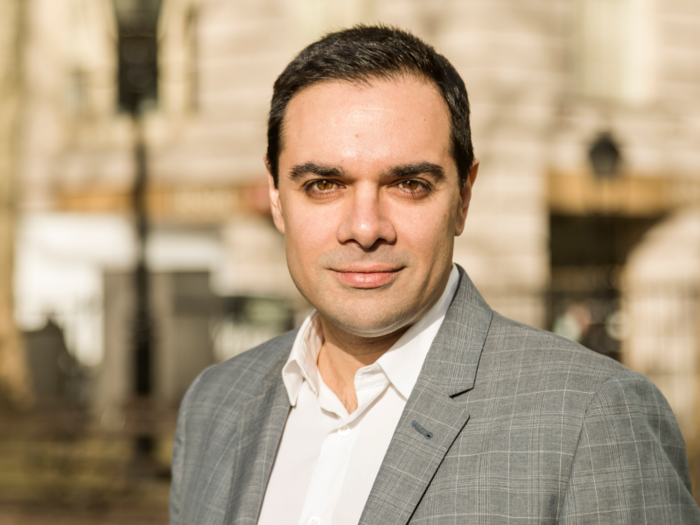
As employee No. 17 at an electronic-trading platform for derivatives, Mazy Dar would walk around trading floors wondering why traders weren't using his tech. The answers he got back — enterprise IT bottlenecks, security concerns, yearlong software cycles — sparked his entrepreneurial bug.
So when he left that job almost a decade ago, Dar set out to design what has become a new operating system for Wall Street.
Designed to sit one layer above a computer's native OS, OpenFin is a platform where software applications can be deployed safely, seamlessly, and, perhaps most important, in today's ever-changing world, quickly.
It allows traders and portfolio managers to begin using a collection of apps in a way that begins to look and feel like the experience consumers have come to expect from their mobile devices. "We want the experience on the financial desktop to feel more like our phones," Dar says.
The tech is now deployed at 1,500 firms, including 15 of the top 20 global banks. And the startup is now building a digital storefront to make it easier to discover the hundreds of apps already available through OpenFin.
Above all, Dar says OpenFin is playing a leading role in bringing Wall Street workstations into the 21st century, eliminating the friction so human traders can focus on adding value. "We're really trying," he says, "to give people their time back."
Lucien Foster, head of fintech strategy and partnerships at BNY Mellon, is shaking up a 235-year-old bank

Lucien Foster's role as head of fintech strategy and partnerships at BNY Mellon sees him leading the old firm — founded in 1784 by Alexander Hamilton — in a new direction. But he's focused on maintaining the same sense of purpose it's long had: Be trusted custodians of capital, whether that money is physically stored in a bank vault or electronically as cryptocurrency.
His mandate sees him tackling issues including big-picture social problems (how do you incentivize Americans to save for retirement?) and new technological conundrums, such as how to help clients whose customers want to pay in new forms of currency.
"It is worth attacking those bigger problems, even if they take longer to solve," Foster said. "One good or bad thing about capital markets is that revolution takes a long time."
To work on those issues, he leads internal and external partnerships with groups ranging from startups to some of the biggest asset managers. Right now his projects include, for example, a blockchain working group and helping managers find ways to use technology to work through efficient asset and fee allocation models.
Before joining BNY Mellon in 2017, Foster led strategic partnerships with big data and cloud technology companies at JPMorgan.
Nima Ghamsari, founder and CEO of Blend, is making it easier for homebuyers to get a mortgage online
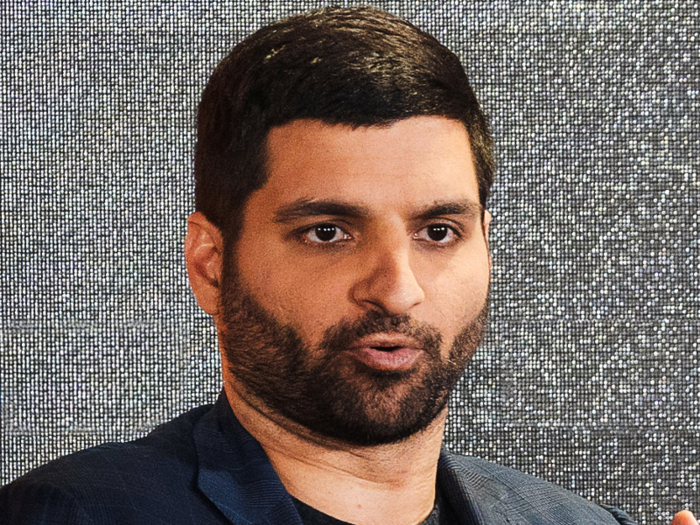
Nima Ghamsari knew nothing about the mortgage business a decade ago when he joined data software startup Palantir Technologies and was thrust into consulting roles helping financial giants implement software to clean up the colossal mortgage fallout from the financial crisis.
He quickly realized the mortgage-origination process had systemic problems, even apart from the precrisis lending excesses: It was largely done on paper, with pay stubs, bank statements, W2s, and other information changing hands and being manually entered into antiquated systems, creating opportunities for mistakes or fraud.
So in 2012 Ghamsari and some Palantir pals founded Blend, which sells tools to lenders that use data, automation, and the cloud to digitize the mortgage-origination process, in hopes of saving time, cutting costs, reducing human error, and creating a more transparent mobile experience for applicants.
The San Francisco-based company says it now does business with more than 130 lenders that account for 25% of the more than $1 trillion US mortgage market, including giants like Wells Fargo and US Bank.
"Eventually, if we're able to get this to be a truly data-driven process, the process of getting approved for a mortgage should be and will be one tap for a consumer," Ghamsari told Business Insider.
Omer Ismail, head of digital finance for the Americas at Goldman Sachs, is creating a startup culture within a vaunted Wall Street bank
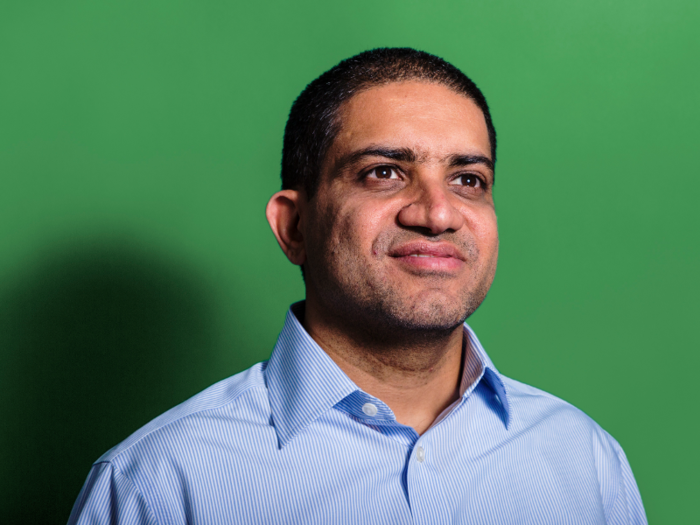
Omer Ismail was used to analyzing and investing in growth companies. So it came as some surprise when his bosses at Goldman Sachs asked him to help run one.
"I thought I'd be creating the blueprint, not necessarily executing on the blueprint," he said recently.
Ismail was one of a handful of executives tasked in 2014 to look into how Goldman might get into digital consumer banking. It would be an around-the-clock business conducted online with millions of customers. Goldman would have to create its first Facebook page.
To do so meant tearing up the 150-year-old bank's usual playbook. The project became a testing ground for cultural shifts that have since migrated to other floors: a relaxed dress code, stand-up huddle meetings, and a practice that still catches many bankers off guard: writing on tables.
Along the way, the consumer bank amassed more than $30 billion in deposits and almost $5 billion in loans. A credit card with Apple is on its way. Ismail is now looking at managing investments for millions of Americans.
"We really feel like we're in the first innings," Ismail says, "of creating a digital storefront to engage with millions of customers."
Manish Kohli, global head of payments and receivables at Citigroup, is ramping up the bank's hugely important payments business through tech
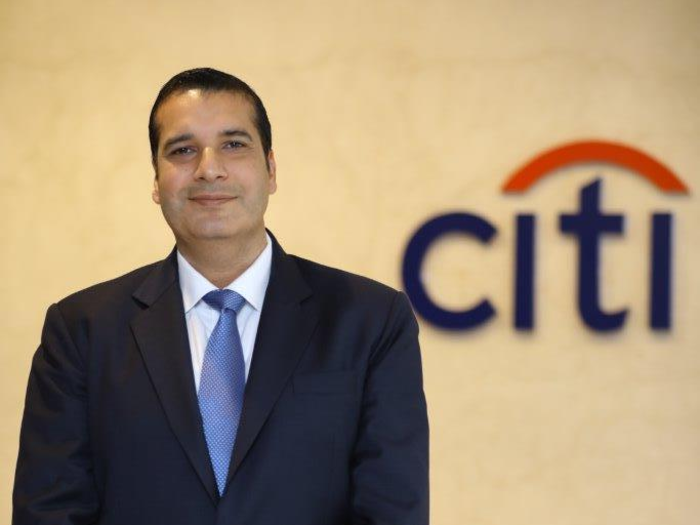
Citigroup in 2017 tapped Manish Kohli to run global payments and receivables, a key business at the bank that serves thousands of the largest companies and governments in the world, managing $4 trillion in flows every day.
The payments industry has been slow to keep pace with the wave of technological change in the corporate world. Kohli’s mission was to ramp up the pace.
“Our strategy has to be very simple,” Kohli told his team. “Our strategy has to be to help our clients succeed in the digital age and help them disrupt, rather than be disrupted.”
Kohli’s innovation push led to Citi Smart Match, a tool created in partnership with fintech HighRadius and launched last summer that applies artificial intelligence and machine learning to the process of matching open invoices to received payments.
His division also last summer launched Citi Payment Insights, a feature providing real-time tracking and visibility for payments, and in December partnered with fintech Feedzai to add firepower to a tool that alerts companies to aberrant or suspicious payments.
“This is not just about 'Can we change this industry?' It's about changing the industry and also solving real here-and-now problems for our clients,” Kohli said.
Kenneth Lin, founder and CEO of Credit Karma, is transforming the credit-score business

The life of a tech entrepreneur isn’t unlike a typical night at a casino: volatile swings with the potential to lose everything or hit it big by the end of the night.
It’s a fitting comparison for Kenneth Lin, who was raised in Las Vegas and founded Credit Karma in 2007 after spending nearly 10 years at various startups involved in the lending process. With those experiences, Lin tried his hand at disrupting the credit-score business.
The process wasn’t always easy, with Credit Karma at one point being mere days from going out of business. But the business and Lin persevered, with the former nabbing a $4 billion valuation in March 2018.
What started as somewhat of an educational offering to help customers better understand their credit score and its effects has evolved into a personal-finance hub. Credit Karma has expanded into making recommendations in the lending space, with Lin’s next goal to automate how customers can consistently get the best returns on their assets while paying the lowest fees.
“There is an opportunity here for somebody to reinvent the way that consumers think about financial-services companies,” Lin said.
Huw Richards, head of digital banking at JPMorgan, is shedding banker pitchbooks for data and insights

In April 2018, Huw Richards was asked to make a presentation to senior leaders at a JPMorgan off-site on what the future of investment banking might look like. Richards described his vision for the next 10 years and beyond. He was reassigned the next month.
As head of digital banking, Richards is charged with disrupting JPMorgan's market-leading investment-banking business. It's not an easy task. Investment bankers have long claimed that computers will never replace them because their business is built on trust and relationships, things machines could never do.
And yet Richards has plenty to do. "The way we started was to imagine our interactions with clients in a digitized world and work backwards from that," he says.
Each project fits into one of three buckets, he says: data, delivery, or analytics. Many clients no longer want paper pitchbooks or dozens of emails alerting them to investor demand in their deal. What they do want is data and insights into how their deals have performed and what that means for any pending or future deals.
"It's simple," he says. "I just have to have the best analytics running on the best data and presented in whatever way they want to consume it."
Tyler and Cameron Winklevoss, founders of Gemini, are bringing transparency to the crypto market
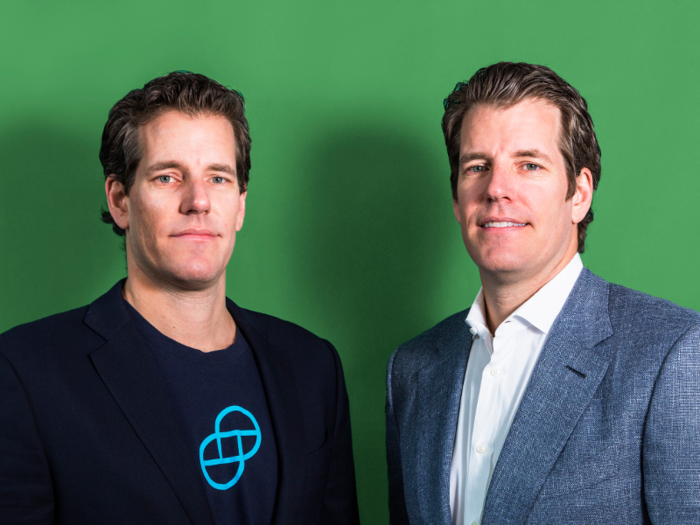
The Winklevoss twins founded Gemini under the belief that the cryptocurrency markets were a place that should exist with much of the same regulatory oversight as traditional markets.
And so as digital currencies exploded in 2017 with seemingly everyone looking to get in on the action, Gemini stayed the course. The Winklevosses were deliberate in their choice to ensure they received the proper regulatory licenses. Gemini also led the establishment of a self-regulatory organization for crypto exchanges similar to what exists in traditional markets.
“It is certainly more painful to do things according to regulation and compliance, and it is certainly more expensive,” Tyler Winklevoss said. “One of our values is the long game. We want to have a business tomorrow. And if you don’t play by the rules, if you don't help shape the rules, then you could wake up the next day and all of a sudden you just don't have a business.”
One of the Winklevosses' next goals will be around gaining regulatory approval to launch a bitcoin ETF, a back-and-forth process nearly five years in the making, but one that could significantly open up the crypto markets even more.
INTRODUCING: The 10 people transforming finance
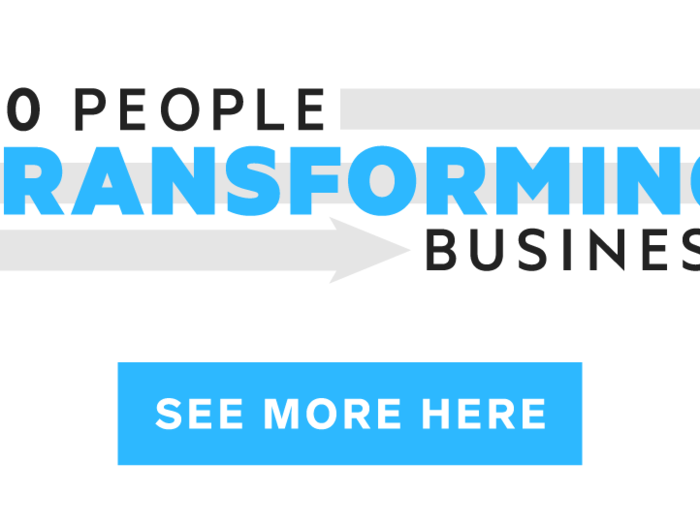
Popular Right Now
Popular Keywords
Advertisement